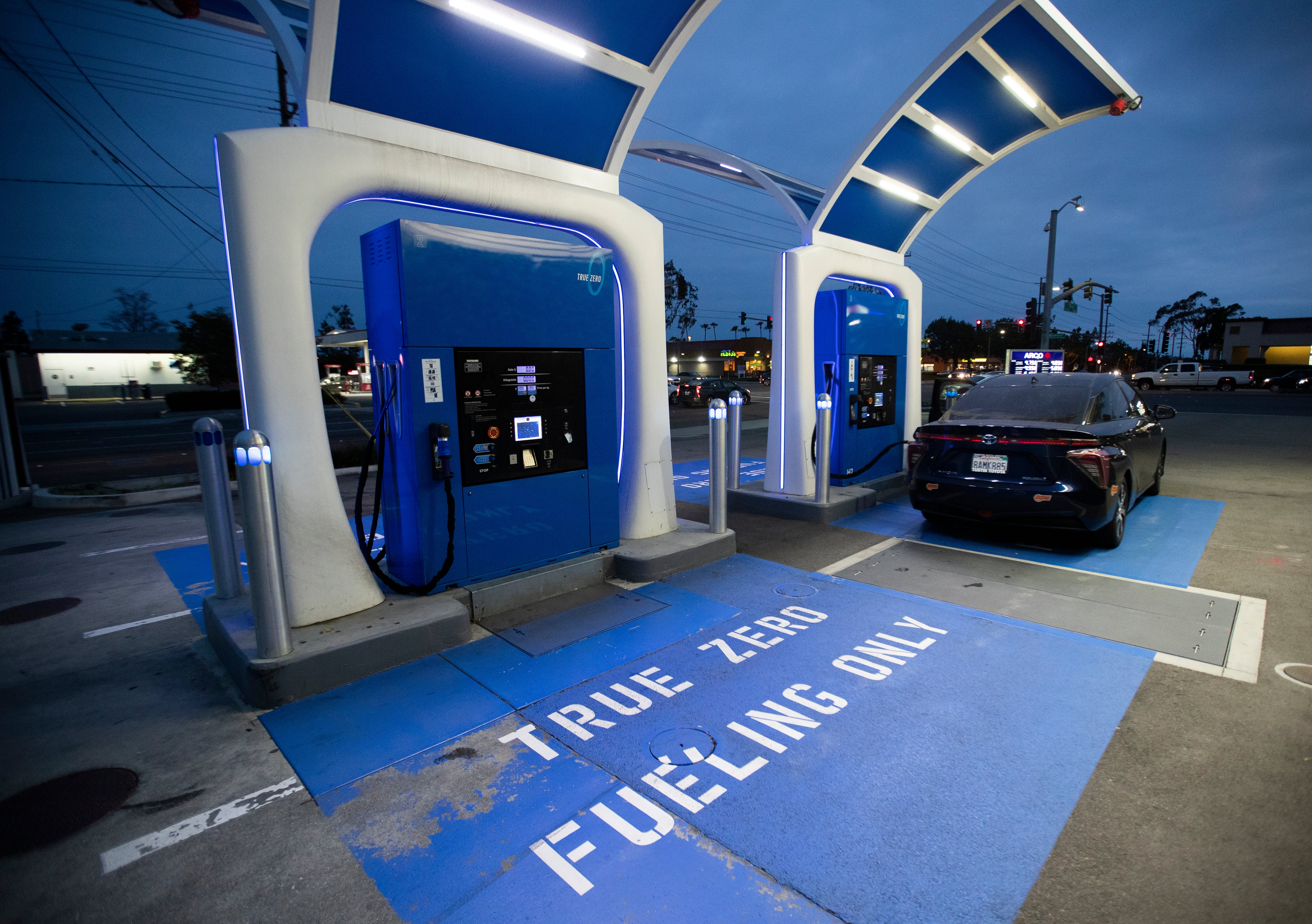Navigating the Crossroads: Balancing American Energy Policy and the Rise of Clean Hydrogen
Key Ideas
- The United States is at a pivotal moment in its energy industry, with a growing demand for clean hydrogen and the need for strategic policy decisions to maintain competitiveness.
- Recent legislative actions like the Inflation Reduction Act and discussions around the 45V tax credit impact the future of hydrogen production and market dominance.
- The U.S. produces the majority of its hydrogen from natural gas but faces increasing competition from countries like China, highlighting the need for a proactive approach.
- To secure energy independence and global leadership, the U.S. must streamline permitting processes and embrace innovative solutions to accelerate the deployment of clean hydrogen infrastructure.
The energy landscape in the United States is undergoing a significant transformation driven by factors such as rising electricity demand from AI data centers, electric vehicles, and global competition. Despite these opportunities, regulatory uncertainty and political volatility regarding natural gas and clean hydrogen are hindering progress. The Inflation Reduction Act of 2022 marked a shift towards incentivizing clean energy technologies, including hydrogen, but challenges in implementation have slowed deployment. The debate over the 45V tax credit, which supports clean hydrogen production, is a focal point in current legislative discussions.
The U.S. currently leads in hydrogen production, primarily from natural gas, but innovations like methane pyrolysis offer exciting possibilities. While the U.S. has committed a significant share of new hydrogen production capacity globally, repealing the 45V tax credit could jeopardize this position and cede ground to competitors like China, which has rapidly advanced in the hydrogen market.
The article emphasizes the bipartisan opportunity clean hydrogen presents for the U.S. to expand its natural gas markets while pursuing decarbonization goals. It warns against abrupt policy reversals and calls for a strategic approach that streamlines permitting processes to facilitate the scale-up of hydrogen infrastructure. The piece underscores the importance of maintaining U.S. leadership in energy through deliberate policy choices that leverage domestic resources, encourage innovation, and attract investment in next-generation energy solutions.
Topics
Production
Clean Energy
Innovation
Regulations
Energy Policy
Government Incentives
Natural Gas
Tax Credits
Global Competition
Latest News
